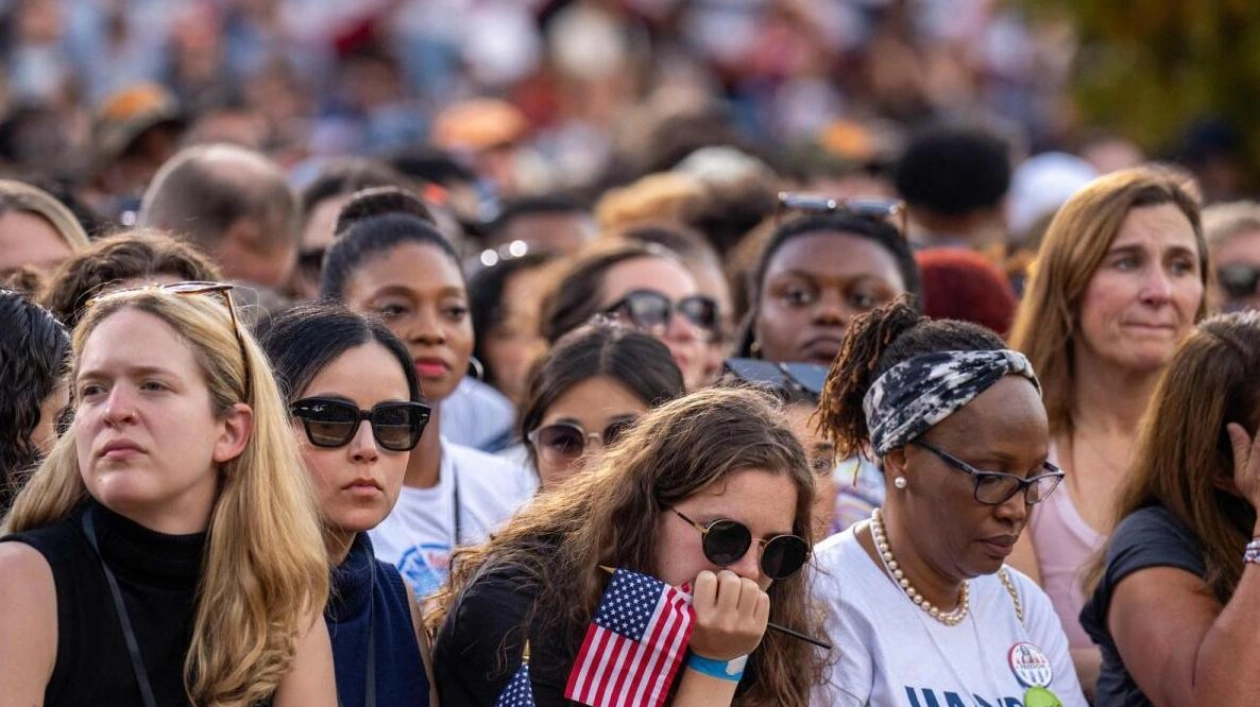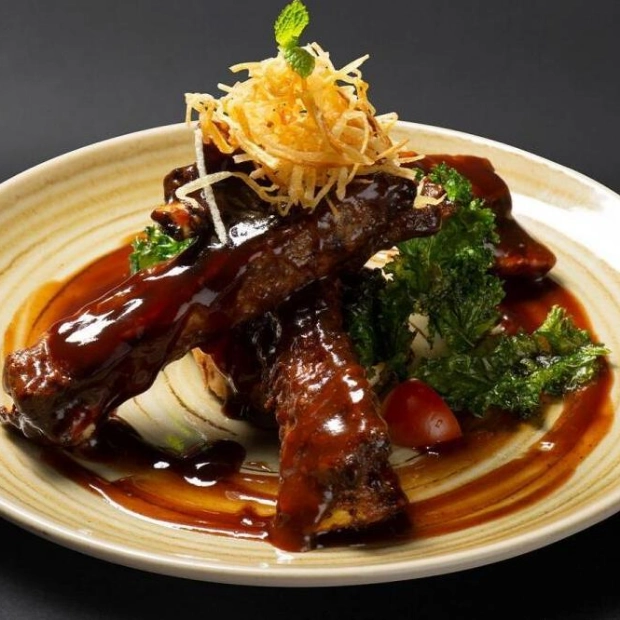Supporters eagerly awaited US Vice-President Kamala Harris as she prepared to address the crowd, acknowledging her election defeat, at Howard University on November 06, 2024 in Washington, DC. – AFP
Despite her campaign's strong emphasis on abortion rights and her appeal to women voters, Kamala Harris fell short of securing the level of female support she had anticipated, particularly in the face of Donald Trump's aggressive rhetoric. Exit polls conducted by CNN revealed that the Democratic vice president held an eight-point lead among women voters—a figure that was nearly half of what Joe Biden had achieved four years prior. Conversely, the Republican candidate, who is now the former and future president, enjoyed a 13-point advantage over Harris among male voters, a significant increase from his eight-point lead against Biden in 2020.
Sabrina Karim, a professor at Cornell University, shared her insights with AFP, stating, "There were high expectations about how women would vote in this election, but it's crucial to remember that women are not a homogenous group; their concerns are varied and complex." The CNN exit poll highlighted Harris's strong support among Black women voters, while Trump fared better with white women. Karim noted, "The Harris campaign's focus on abortion likely motivated some women to vote, but a single issue was insufficient to garner support from a diverse range of women."
Nathalie Feldgun, a New York lawyer, expressed her belief that it was time for Trump to reclaim the Oval Office. "The country lacks borders; it's no longer a country," Feldgun said, reflecting the Republican's hardline stance on immigration. Economic concerns, particularly inflation, also played a significant role in the election. Many US households, where women often serve as primary shoppers, felt the strain as the prices of essential goods surged.
Tessa Bonet, a 51-year-old immigrant from Guyana living in New York, attended Trump's massive rally at Madison Square Garden, stating, "I have five children, and the economy has been poor for the past three-and-a-half years. I'm here for change, and I'm fully aware of what Trump stands for—he means well for regular Americans." Harris did not heavily emphasize her identity as a Black woman of South Asian descent during the campaign, instead relying on surrogates like former first lady Michelle Obama, Republican former lawmaker Liz Cheney, and celebrities such as Beyonce to advocate on her behalf.
However, neither Obama's powerful feminist speeches nor Taylor Swift's endorsement could prevent Trump from securing a decisive victory, despite his numerous sexist remarks directed at Harris. Notably, Trump's comments at a recent campaign rally, where he declared, "I want to protect the women of our country... whether the women like it or not," stirred controversy. The 78-year-old Trump even went so far as to label the 60-year-old Harris as "mentally disabled" and "retarded," suggesting she would become "a plaything" for other world leaders if elected.
In a last-ditch effort, the Harris campaign hoped that women in conservative households would secretly vote for her despite their husbands' reservations, but this strategy proved unsuccessful. A progressive Christian group funded an ad featuring Oscar winner Julia Roberts narrating a scenario where a woman votes for Harris and hides it from her Trump-supporting spouse. Roberts' narration concludes with the woman assuring her husband, "Sure did, honey," after he questions her choice, exchanging a knowing smile and wink with another female voter.
Alex Keena, a professor of political science at Virginia Commonwealth University, commented, "That was an appealing idea, but now we know it's largely wishful thinking." For Karim, "gender dynamics extend beyond women; Trump's appeal to a diverse range of men is also a significant factor." Exit polls indicated that Trump received a boost from Latino voters, a demographic that Biden had largely won over four years earlier.
Source link: https://www.khaleejtimes.com






